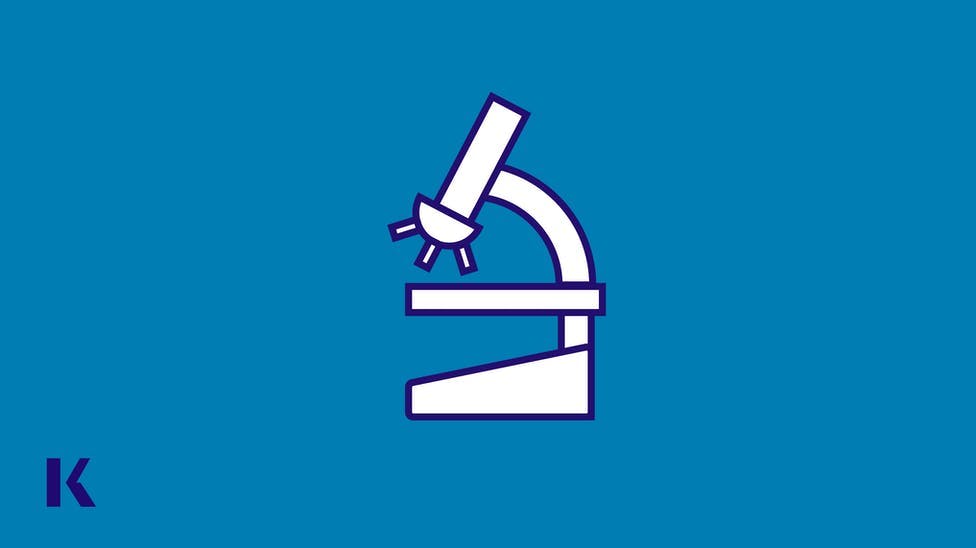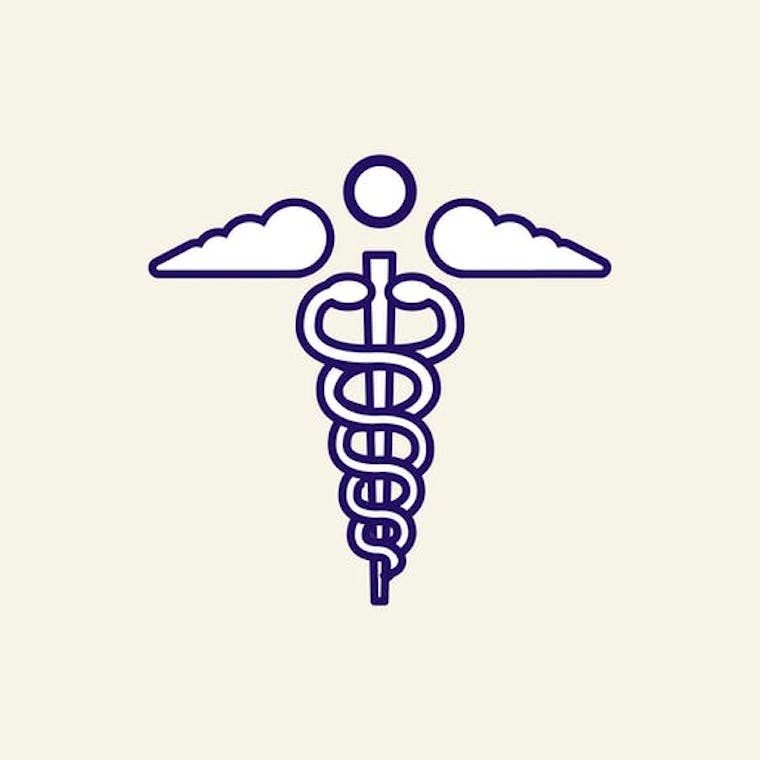Nightingale Challenge Nurse Educator Feature: Amanda Carmichael, MBA, MSN, RN
by Amanda Carmichael, MBA, MSN, RN, Nursing Lab and Simulation Specialist, University of Massachusetts Lowell | March 5, 2021

Throughout 2020―aptly named The Year of the Nurse―Kaplan was proud to participate in Nursing Now’s Nightingale Challenge with the aim of mentoring the next generation of nurse educators. We matched our Kaplan Educators with remarkable nurses from across the United States to provide leadership and development training in addition to monthly virtual meetings to discuss topics such as curriculum development, trends in teaching, the Next Generation NCLEX, overcoming professional challenges, and much more. Throughout this year, we are excited to share interviews with these Nightingale Challenge mentees. This month, we're pleased to introduce you to Amanda Carmichael, MBA, MSN, RN, Nursing Lab and Simulation Specialist, University of Massachusetts Lowell.
TELL US ABOUT YOURSELF
I am from New England and I went to nursing school at Rivier University. During high-school, I had a severe cheerleading accident and broke my ankle in three places. I needed surgery and went on to develop extensive nerve damage. Long story short, I needed rehabilitation to learn how to walk on that leg. During the time spent at Spaulding Rehab, I discovered the magical work of nursing and wanted to become a nurse myself to help others.
Interestingly, my high-school guidance teacher told me I would never be a nurse. I went to Rivier University as a biology major who transferred into the nursing program after the first semester. I ended up graduating as the valedictorian of my entire undergraduate class. Everyone’s journey into nursing is unique; never let anyone tell you that you cannot do something!
What is your particular area of expertise?
Simulation, active-learning strategies, and Socratic questioning.
Interesting passion: learning about curriculum design.
Who or what experience inspired you to become a nurse?
My inspiration was the care I received from nurses at Spaulding Rehab in Boston during my time spent there for an injury.
TELL US ABOUT YOUR EXPERIENCE AS A NURSE EDUCATOR
Why did you decide to pursue a career as a nurse educator?
Even in nursing school, I always enjoyed talking about nursing concepts as a peer tutor and student assistant in the labs. As a nurse educator, I get to help foster clinical judgment, which can have a positive impact on so many patients and families.
What is the most rewarding aspect of your career?
The most rewarding aspect of being a nursing educator is witnessing the “aha” moments and getting to see the students connect the dots and bridge the gap from theory to clinical. Each day I am inspired by my students and the opportunity to observe knowledge evolve.
Do you have a particularly notable student success story to share?
Success happens when a student comes back after graduation and references the simulation experience in the clinical environment as a new nurse. One student I taught, very much disliked simulation. Anxiety in the simulation environment was a factor, so I worked closely with this student to change the mindset of fear to a positive learning experience. Over the course of two years, prior to graduation, this student was no longer fearful of simulation. The student went on to take a nurse residency program that incorporated simulation and she told me how grateful she was to overcome her fear in nursing school and how this helped her become successful as a new-graduate nurse.
Another example was a student who visited after graduating and spoke about one of the simulation scenarios I had taught. The scenario was on respiratory depression after medication administration. He was working as a new-nurse and experienced a very similar situation. He credited the simulation experience for being able to intervene appropriately and timely during this real clinical situation.
It brings me joy to see past students avoiding failure to rescue events due to simulation.
In your opinion, why is it important to teach students to “think like a nurse?”
In my opinion, teaching students to “think like a nurse” is critical to clinical safety regardless of job environment. Nursing curricula can be saturated with content heavy information—making it challenging for students to filter. “Thinking like a nurse” requires deliberate skill and practice; thus, students need opportunity to safely implement clinical judgment at all levels of education.
In your opinion, what is the biggest challenge facing nurse educators today?
Outside of the pandemic, nursing educators face numerous challenges. Personally, I believe the biggest challenge is the nursing faculty shortage, which is projected to worsen over the next decade. Along with increased retirements of current faculty, research has reported that workload, lack of mentorship, and role-transition triggers nurse educators to leave academia.
THE NIGHTINGALE CHALLENGE
What was the best part of working with your Kaplan Nursing Mentor?
My mentor was Shannon Meijer, who is amazing! The best part of working with my mentor was the friendly guidance I received. I was able to talk to her about my thoughts, challenges, and concerns regarding nursing education. It was a nonjudgmental relationship, which was very beneficial for a novice educator (me).
Which Nightingale Challenge Meeting resonated most deeply with you and why?
I am not sure I can pick just one? Each monthly meeting with my mentor and scheduled webinar topic was relevant and impacted my overall effectiveness as a nurse educator. Some topics did not apply to my current role, but I know down the road I need this information. For example, currently I do not write test questions or practice test analysis; however, this is a skill I want to master and might use one day. Again, each session was relevant and meaningful. I am so grateful for the Nightingale Challenge opportunity.
What is the most important thing that you learned from this experience about being a successful and impactful nurse educator?
The most important thing I learned was about networking and resources. A successful educator cannot do it alone. It is critical to use the resources available, or ask for help. Operating in silos has a negative impact. Remaining open to learning and flexible to change is also important on the road to success.
What was the most important takeaway for you from 2020: Year of the Nurse and Midwife?
This was a difficult year for many. My takeaway is on the importance of resiliency.
What does mentorship mean to you and why is it important for nurses to have professional mentors?
Mentorship to me means creating a trusting relationship with someone who wants you to be successful. Mentorship can increase job satisfaction and decrease attrition. It is important for nurses to have professional mentors because a fruitful mentee-mentor relationship can promote a healthy work environment. Patients, families, and students benefit from nurses working in healthy, supportive, settings.
ADVICE
What advice do you offer your students as they prepare to start their nursing careers?
You can do it! The path is not always easy, but you must believe in yourself.
I would also recommend journaling and reflection. I have just recently learned how beneficial reflecting on your journey can be. I wish I had kept a journal to look back on during my first few years as a nurse.
What advice would you give to the next generation of nurse educators based on the Nightingale Challenge experience?
To find a mentor—sometimes the mentor is outside of your organization and that is also awesome and beneficial. Also, take it one day at a time. Having long-term goals and aspirations are needed, but living in the day is also critical to developing as an educator.
NCLEX® is a registered trademark of the National Council of State Boards of Nursing, Inc. Test names are the property of the respective trademark holders, none of whom endorse or are affiliated with Kaplan.

I am from New England and I went to nursing school at Rivier University. During high-school, I had a severe cheerleading accident and broke my ankle in three places. I needed surgery and went on to develop extensive nerve damage. Long story short, I needed rehabilitation to learn how to walk on that leg. During the time spent at Spaulding Rehab, I discovered the magical work of nursing and wanted to become a nurse myself to help others. Interestingly, my high-school guidance teacher told me I would never be a nurse. I went to Rivier University as a biology major who transferred into the nursing program after the first semester. I ended up graduating as the valedictorian of my entire undergraduate class. Everyone’s journey into nursing is unique; never let anyone tell you that you cannot do something!
